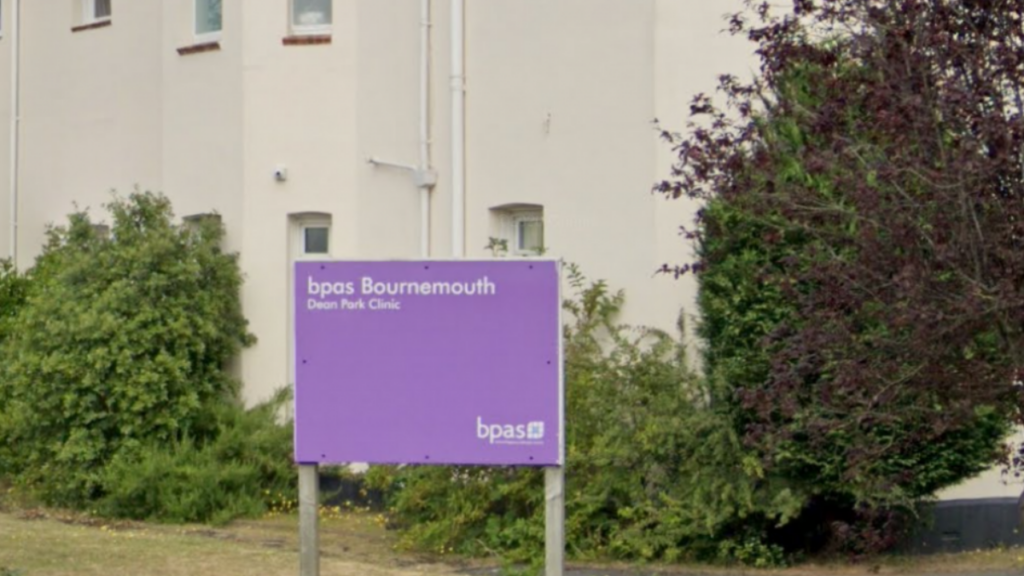Last updated on October 24th, 2023 at 08:51 am
A local abortion buffer zone, enforced by a Public Space Protection Order (PSPO) in Bournemouth, is currently under scrutiny in the High Court. The buffer zone, in place since October last year, prohibits any activity expressing approval or disapproval of abortion services and explicitly bans offers of help and prayer. The buffer zone unlawfully restricts activities within private dwellings.
Lawyers argue that the PSPO fails to distinguish between public and private dwellings within the buffer zone. This implies that praying against abortion or displaying a pro-life sign within one’s home, visible or audible from the street, could lead to fines or criminalization. The lawyers contend that the Anti-Social Behaviour, Crime, and Policing Act 2014, which empowers local councils to create PSPOs, does not extend to reaching into private dwellings in this manner.
PSPOs were initially introduced to protect public spaces from antisocial behavior. However, some local councils, including Birmingham and Ealing, have employed them to establish buffer zones that criminalize offers of help and prayer near abortion clinics. Legislation passed earlier this year criminalizes influencing individuals seeking abortion services within 150 meters of clinics in England and Wales but has not yet come into effect.
The spokesperson for Right To Life UK, Catherine Robinson, stressed the importance of pro-life volunteers offering practical support outside abortion clinics, giving women alternatives to abortion. She criticized the PSPO as draconian, reaching into the private lives of ordinary people and creating offenses for privately expressing pro-life views, constituting direct viewpoint discrimination.
